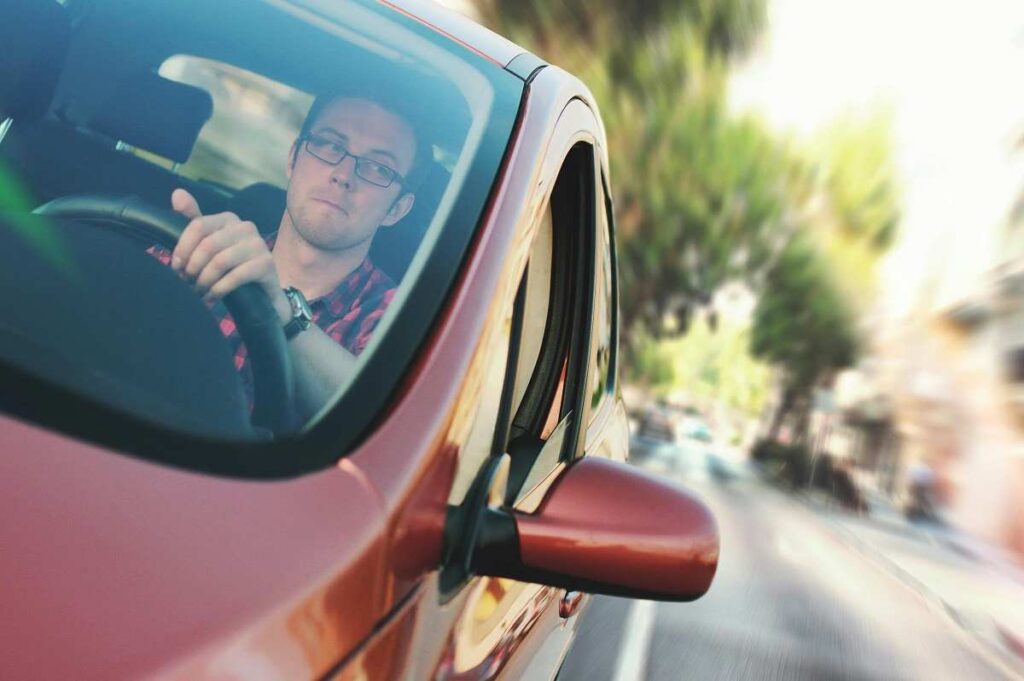
Drinking and driving is a dangerous combination that has led to countless accidents, injuries, and fatalities worldwide. Despite widespread awareness campaigns and stringent laws, many still underestimate the risks associated with operating a vehicle under the influence of alcohol. Drunk driving is considered a serious crime and it is best to speak to lawyers at sullivangalleshaw.com to protect your rights and get deserving compensation.
In this blog, we will delve into the reasons why you should never drink and drive, highlighting the severe consequences and offering safer alternatives.
1. Impaired Judgment and Decision-Making
One of the most significant effects of alcohol is its impact on the brain, particularly in areas responsible for judgment and decision-making. Remember, when you drink, your ability to think clearly and make sound decisions is compromised. This impairment can lead to risky behaviors such as speeding, ignoring traffic signals, or taking dangerous shortcuts. So, the likelihood of making poor choices increases exponentially when alcohol clouds your judgment, putting you and others on the road at enormous risk.
2. Slowed Reaction Time
Alcohol consumption slows down your central nervous system, which affects your reaction time. When you’re behind the wheel, every second counts. In fact, the delayed response brought on by alcohol can prevent you from reacting quickly to sudden changes in traffic, such as an unexpected stop by the car ahead or a pedestrian crossing the street. This slowed reaction time significantly raises the probability of collisions.
3. Reduced Coordination and Motor Skills
Operating a vehicle requires sharp motor skills and coordination, both of which are severely impaired by alcohol. In fact, your actions such as steering, braking, and accelerating require precise movements that are hindered by even a small amount of alcohol in your system. Moreover, impaired coordination makes it difficult to stay in your lane, navigate turns, or avoid obstacles, thus increasing the likelihood of accidents.
4. Blurred Vision and Diminished Perception
Alcohol consumption can also affect your vision and depth perception. In fact, blurred vision, double vision, and reduced peripheral vision are common side effects of drinking. These visual impairments make it difficult to judge distances and recognize hazards on the road, such as other vehicles, pedestrians, or road signs. So, driving with impaired vision is incredibly dangerous and can easily result in accidents.
5. Overconfidence and Risk-Taking Behavior
Alcohol often gives people a false sense of confidence, leading them to believe they are capable of driving safely even when they are not. This overconfidence can result in reckless behavior, such as excessive speeding, aggressive driving, or engaging in dangerous stunts. Moreover, the combination of impaired physical and mental faculties with increased risk-taking behavior creates a recipe for disaster on the road.
6. Legal Consequences
Driving under the influence of alcohol is illegal and comes with severe legal consequences. If you are caught drinking and driving, you may face hefty fines, license suspension, and even imprisonment. In addition, a DUI (Driving Under the Influence) conviction can have long-term repercussions on your personal and professional life, including increased insurance premiums, loss of employment opportunities, and a permanent criminal record.

7. Emotional and Financial Impact
The aftermath of a drunk driving accident extends far beyond legal consequences. If you cause an accident while under the influence, you may be responsible for severe injuries or even fatalities. The emotional burden of knowing you caused harm to another person can be overwhelming and lifelong. Moreover, the financial costs associated with medical bills, property damage, legal fees, and potential lawsuits can be devastating.
Safer Alternatives
The good news is that there are numerous alternatives to drinking and driving. Here are a few safer options to consider:
- Designated Driver: Plan ahead and designate a sober driver within your group who will take responsibility for getting everyone home safely.
- Public Transportation: Utilize public transportation options such as buses, trains, or subways, which are readily available in most urban areas.
- Ridesharing Services: Try to use ridesharing apps like Uber or Lyft to get a safe ride home.
- Stay Overnight: If you’re drinking at a friend’s place or an event, consider spending the night instead of driving home.
Conclusion
Drinking and driving is a dangerous behavior with far-reaching consequences. From impaired judgment and slowed reaction times to severe legal and emotional repercussions, the risks are simply not worth it. However, by choosing safer alternatives and planning ahead, you can ensure that you and others remain safe on the road. Always make a responsible choice and never drink and drive!


